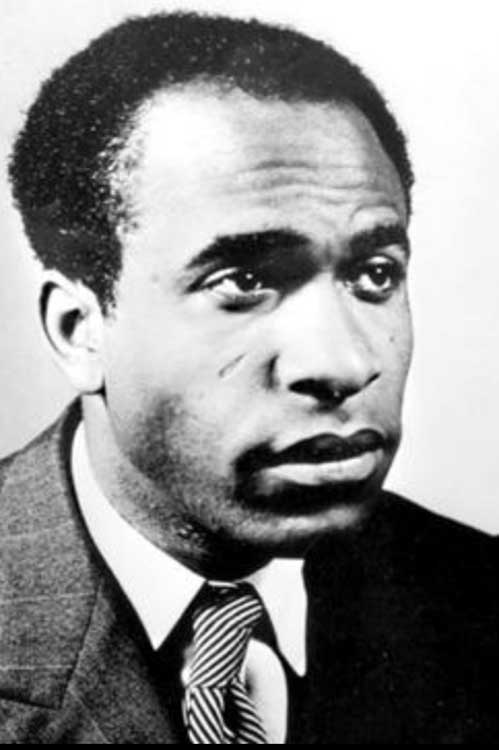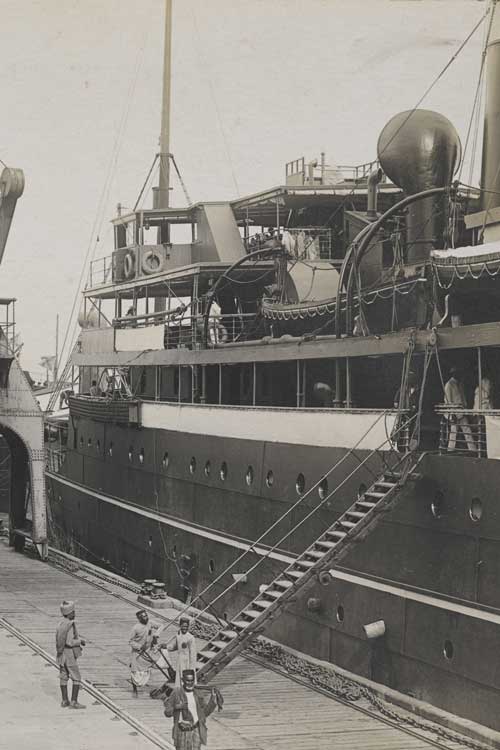While scholars working on global history, migration, and empire have demonstrated the existence of a complex network of oceanic and land-based threads, in the early-modern era, recent scholarship has refuted assumptions that there was an unidirectional flow of ideas from Europe to the rest, and that the sea was a mere appendage to anticolonial politics rooted in land.
In this exciting new area of research, our cluster members are considering the ways in which land and sea bridged the anticolonial worlds, and how these connections led to new eras of resistance.
The world of the ship has been revealed as a site of colonial and racial governance and as a site of opposition, and there is new appreciation of South-South connections and how the circulation of Third World ideas among Indigenous peoples of North America contributed to the rise of a new era of resistance against settler colonialism.
This strand will facilitate a critical investigation of the relationship between anticolonialism and global connectivity, and its broader methodological consequences.
A symposium on this topic will be organized by cluster members working on this stream in 2025/26.
The Atlantic’s geography should be considered flexible, for ‘oceans’ are no less mythical than continents’.
- David Armitage, ‘Three Concepts of Atlantic History’



“For a colonized people the most essential value, because the most concrete, is first and foremost the land: the land which will bring them bread and, above all, dignity.”
- Frantz Fanon, The Wretched of the Earth
Photo Credits:
Frantz Fanon, date unknown, Wikimedia. Photo credit: Fair Use.
Terraces, 2016. Photo credit: pexels-pixabay-235648.
Views in New Delhi and other locations in India and Burma, 1920s. From the British Library Archives. Description: “The British India Steam Navigation Company's mail steamers alongside Latter Street Wharf, [Rangoon]” Shelfmark: Photo 66/3(41).